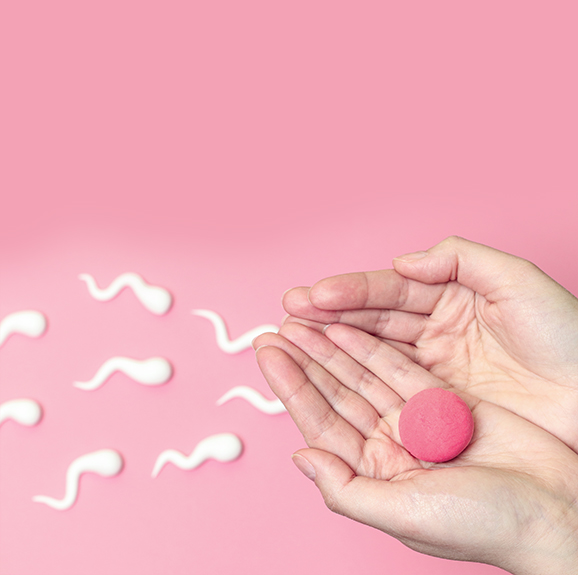
There are countless myths and misconceptions about the morning after pill! With sex education still lacking in many schools and communities, it's easy to miss the details and correct information when it comes to contraceptive methods.
And if you need the morning-after pill but you're thinking with horror about possible effects or incidents you've heard, it means you're asking yourself some questions. What are the most popular myths?
The morning after pill causes a miscarriage!
Whether you choose the pill based on levonorgestrel or ulipristal acetate, neither of them can cause a miscarriage. If you are already pregnant, emergency contraception has 0 effects on your body. The hormone in these pills works by delaying or preventing ovulation, just like the regular birth control pill: it's just a higher dose! The pill can only prevent pregnancy.
Can emergency contraception cause infertility?
The morning after pill has temporary effects and in no way changes the ability to get pregnant. There are no studies to prove that repeated use of the emergency pill can cause infertility.
At the same time, however, there is this myth about repeated use of emergency contraception. The truth is that it does not cause infertility problems. It simply prevents pregnancy, temporarily.
You can only take the pill once in your life!
You can use emergency contraception with levonorgestrel on several occasions, but, taking into account the adverse effects it can have on the body, it is better not to use it more often than twice a year, and only in urgent cases.
Especially since it does not take the place of a regular contraceptive method and above all, it does not protect you from sexually transmitted diseases.
Is emergency contraception effective EVERY TIME?
We would like to! But, unfortunately, it is not all the time. First, it depends on how long it has been since unprotected sex. Both pills are very effective in the first 12 - 24 hours. Then, remember that the emergency pill works by delaying or stopping ovulation. So if you use it after ovulation has occurred, it doesn't work. He has a limited time in which he can act.
There are also medicines that can affect its effectiveness, such as some epilepsy treatments.

One pill is enough for the entire menstrual cycle!
False. Every time you have sex, you must use a contraceptive method. The morning-after pill only works for 72-120 hours after the last unprotected intercourse.
Does the pill work even if I'm ovulating?
Emergency contraception delays or stops ovulation. If you take the pill after you've already ovulated, it won't work. Both types of pills are only effective if taken before the egg is released.
Will I ever get my period again?
The ulipristal acetate pill can delay your period by a few days, which is absolutely normal: the cycle will be delayed up to a week after the due date. But if the delay exceeds 3-4 weeks, it is advisable to take a pregnancy test. If the test comes out negative, it is advisable to go to a gynecologist for investigations. And if the test is positive, also consult a gynecologist to see what the right options are and what happens next.
The myths above and more are still common topics when it comes to emergency contraception. But it's important to find the right information, educate yourself, and if you have more questions, write to us! Until then, enjoy safe sex! 






















